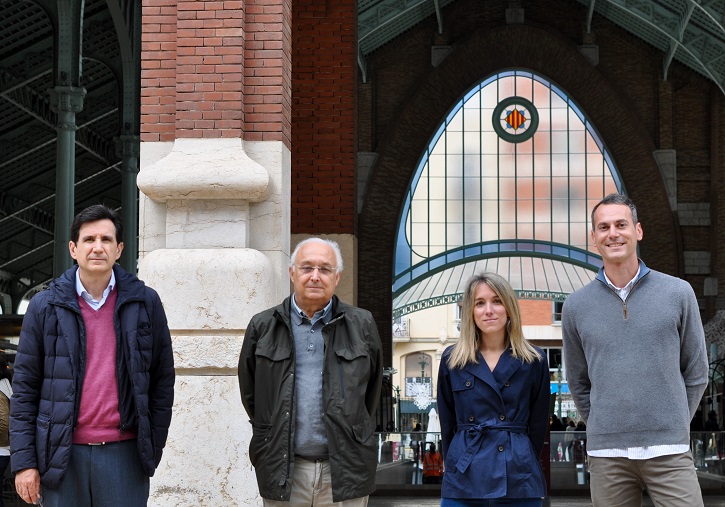
The group Drug Design and Molecular Topology Unit of the University of Valencia has shown that certain macrolide antibiotics (used in respiratory tract infections), among which are clarithromycin and azithromycin, can prevent the entry of SARS-CoV -2 in cells. The work, led by Professor of Physical Chemistry Jorge Gálvez, has been published in the prestigious North American Journal of Chemical Information and Modeling.
The group already pioneered an article in March 2020, proposing such antibiotics as drugs that could be targeted to treat COVID-19. However, this prediction was only based on theoretical computational calculations. The method was based on molecular topology, a part of mathematical chemistry that deals with the algebraic description of chemical compounds, which allows them to be easily characterised.
Now, in collaboration with researchers from the National Center for Biotechnology (CSIC), they have shown with their study that these antibiotics are capable of preventing the entry of the virus in vitro by deactivating the well-known spike protein.
The group has had the collaboration of José María Benlloch Baviera (CSIC), coordinator of the treatment and vaccines area of the PTI Global Health platform for the development of treatments and vaccines of the CSIC.
Currently, of the antibiotics identified by the Drug Design and Molecular Topology Unit of the University of Valencia, one of them (azithromycin) is part of the list of drugs considered essential by the Ministry of Health in the management of the health crisis caused by COVID-19. Another of them, specifically clarithromycin, has already scheduled a clinical trial led by the San Carlos Clinical Hospital of Madrid, which is expected to begin shortly with COVID patients from 20 primary care centers of the Social Security.
Methodology
To confirm the computational results of the initial phase, the best candidates were tested against two human coronaviruses (229E-GFP and SARS-CoV-2) in cell culture. Infection experiments demonstrated that azithromycin, clarithromycin, and lexithromycin reduce intracellular viral RNA accumulation and virus spread, as well as prevent virus-induced cell death, by inhibiting the entry of SARS-CoV-2 into cells.
Article: Jorge Galvez, RiccardoZanni, Maria Galvez-Llompart and Jose Maria Benlloch “Macrolides May Prevent Severe Acute Respiratory Syndrome Coronavirus 2 Entry into Cells: A Quantitative Structure Activity Relationship Study and Experimental Validation”. J. Chem. Inf. Model 2021. March 18, 2021. DOI: https://doi.org/10.1021/acs.jcim.0c01394











